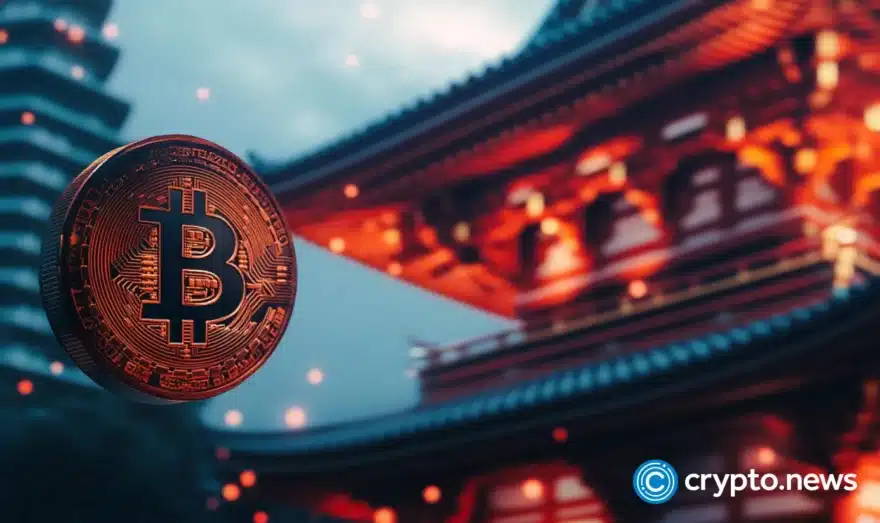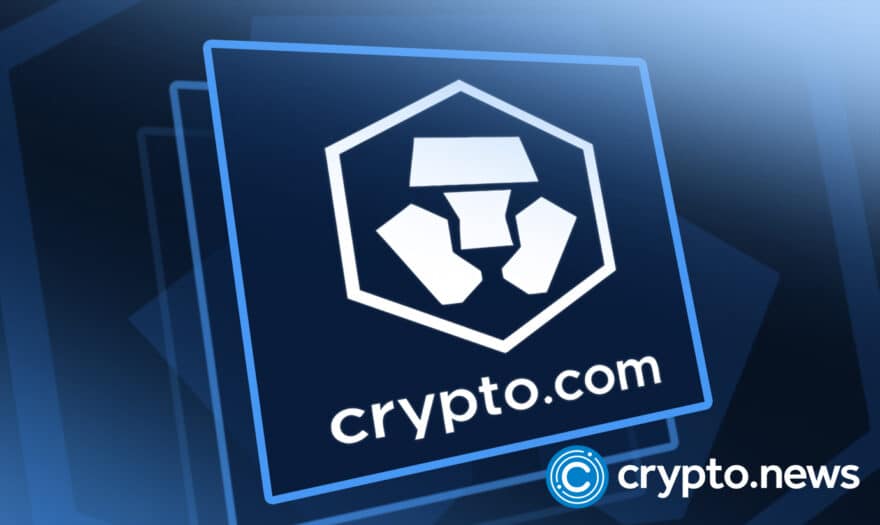Ethereum Censorship: Is It Even Possible and What Should You Know?

Ethereum’s censorship possibility has been an issue since the OFAC censored crypto mixer Tornado Cash. What do you need to know?
The Big Worry
The Ethereum Community has been raising questions for the past few days regarding the network’s immunity from censorship by OFAC. The censorship worries rise because OFAC wants foreign transactions to bear transparency to control financial foul play. Some of its rules need investor ID to be open for reasons of following the flow of money by the government.
These requirements led the organization to clamp down on Tornado Cash and arrest its developer. Tornado Cash and Ethereum’s sanctions associated with it have reached the climax. Now, what’s it gonna be? A censored Ethereum network or the normal Ethereum ecosystem?
The Story So Far
Two weeks ago, a FUD started surfacing on whether major Ethereum validators like Kraken and Coinbase would give in to censorship per OFAC’s regulations. This worry rose from the claim that several major validators controlled a big ‘Stake’ in Ethereum, and their choice to run with OFAC’s rules would be devastating.
Crypto.news has been following the developments closely as things unfold to get a clearer view of the industry. It has come to our attention that much has changed over the past weeks.
Big validators like Coinbase have clarified their standing in their ‘attack’ against Ethereum. Most of them have decided to run an uncensored Ethereum staking business and close it if OFAC is unwilling to let it stay as it is. Coinbase CEO Brian Armstrong has clarified that his company has no intentions of running a staking business for censored Ethereum. He said he would close the staking business altogether instead of succumbing to OFAC’s censorship demands.
However, not all staking providers have resolved to keep supporting Ethereum by resisting censorship. AntPool, one of the most significant crypto mining companies, has already warned that it will not be supporting the POS tokens after Ethereum’s upcoming merge. This merge, possibly the most anticipated crypto event of the year, carries risks of censorship of the network, which has slowed the crypto mining firm.
It sent a notice via its official blog confirming its stand. An excerpt from the post says:
“As The Merge is arriving, it brings censorship risk with it. As part of customers’ asset security, the company will not support ETH assets after the update. Ethereum miners are advised to add ETH wallet address in their persisting account to get the accumulated coins on ANTPOOL.”
The company added that its main aim is to keep supporting the PoW ecosystems that Satoshi Nakamoto had in mind when building Bitcoin. It said it would continue supporting assets like ETC, BTC, and others that abide by the Proof of Work Algorithm.
Vitalik Buterin Addresses the Issue
In a dual interview between Vitalik Buterin and Coinbase CEO Brian Armstrong, Vitalik stressed that the staking providers would do an honorable thing by quitting rather than aiding in censorship by OFAC.
“I’m fully supportive of people’s need to comply with the regulators in whatever jurisdiction they’re in. But if in whatever jurisdiction you’re in it happens to be impossible to simultaneously do that and be a good citizen of the Ethereum network then the honorable thing to do is to shut down,” Vitalik said.
Vitalik added that although the crypto community needs to maintain its spirit of decentralization, certain measures must be taken to ensure that the Ethereum community overcomes the FUD. He said more coordination would be required to keep the Ethereum community resistant to such an attack.
In a statement, he noted:
“ I believe in trying to kind of try many different strategies at the same time and not rely too much on one. I think that this discourse about ‘can we make the ecosystem more robust?’ and ‘can we make a staking ecosystem more robust?’ and make a staking ecosystem whereas few stakers as possible are censoring transactions, like that’s also an important discussion to have.
It’s an important effort to make, but it is something that requires effort. I think it’s important to remember that neither in Ethereum nor in Bitcoin nor in any other system, are we just kind of guaranteed that the outcomes we want happen automatically.”
Vitalik Buterin also participated in an online voting process prepared by Eric wall.
“Question for the Ethereum community. If a majority of stakes chooses A in this poll, will you:
X) Consider the censorship an attack on Ethereum and burn their stake via social consensus
Y) Tolerate the censorship”
Vitalik revealed that he voted for X, which received voting of 61.2% and won the online ‘consensus.’ This could reflect the Ethereum community’s willingness to do if validators decide to back OFAC.
Is Ethereum Chain Splitting an Option?
What could the Ethereum censorship look like? This question is another one that has been lingering in the minds of people. One instance would be several staking providers accepting to censor the transaction, blocking some transactions from happening. The censored network would need to stand alone from the original one, leading to a fork.
Such an event would create two distinct networks. The first network would be the original one, and the new one would be the censored network that the validators manage. However, another question is would the Ethereum community let them get away with it? Vitalik Buterin has clarified that he takes the censorship as an attack on Ethereum and would seek social consensus to fight for transparency.
That means the Ethereum community would move to vote for the burning of the tokens belonging to the staking providers who will help in censoring the network. Once the tokens have been sent to a dead wallet, the staking providers would only be left with the tokens on the new chain.
If the new chain does not function as expected and ends up in a death spiral like the LUNA Ecosystem, the staking providers would be legally responsible for the clients’ investments. That means they would be answerable for the losses incurred for their choice to split the chain and suffer the burning of the original Ethereum tokens.
Such a possibility of turn of events is why many major staking providers like Coinbase are promising to fight for decentralization. Therefore, its most probable that chain splitting will not be the solution to Ethereum’s upcoming legal conflict.
The Crypto Space Reacts to the Story
The crypto space has reacted widely to the ongoing worries of Ethereum’s censorship. Many have expressed their views ranging from well-versed researchers, executive stakeholders, investors, and onlookers.
One person who commented on the story is Justin Bons, the founder and CIO of Cyber Capital. He even posted a thread on Twitter explaining what the worry on Ethereum is and how it can play out. Bons also highlighted other major issues, like how few validators, about 1%, can help in doing away with transactions that are not OFAC compliant.
In one of the tweets he said:
“First we must understand why this attack is so extremely difficult to pull off on both BTC & ETH: From the perspective of a validator/miner attempting to carry out this attack; Simply not including TXs that violate OFAC would do nothing to effectively achieve censorship!”
He added, “This is because it would only take one validator/miner to include such TXs for it to be included in the canonical chain. This means that a very small minority of validators/miners can counter such censorship over both ETH & BTC! Easily less than 1% can prevent censorship!”
Michah Zoltu, a renowned Ethereum developer, has also reacted by asking fellow developers to devise a code that will punish those who will censor the network. In a recent Ethereum core call, he said that bad actors should not exist in communities like Ethereum.
In a statement, he said, “Ultimately, I think we really do need to make a very strong credible threat that is public and well known to the community that the core devs are going to be on the side of the not censoring chain.”
Now, it remains to be seen what the turn of events will be like. Keep watching Crypto.news as we will be updating you on Ethereum’s merge, the looming censorship news, and other hot crypto-related takes.
















